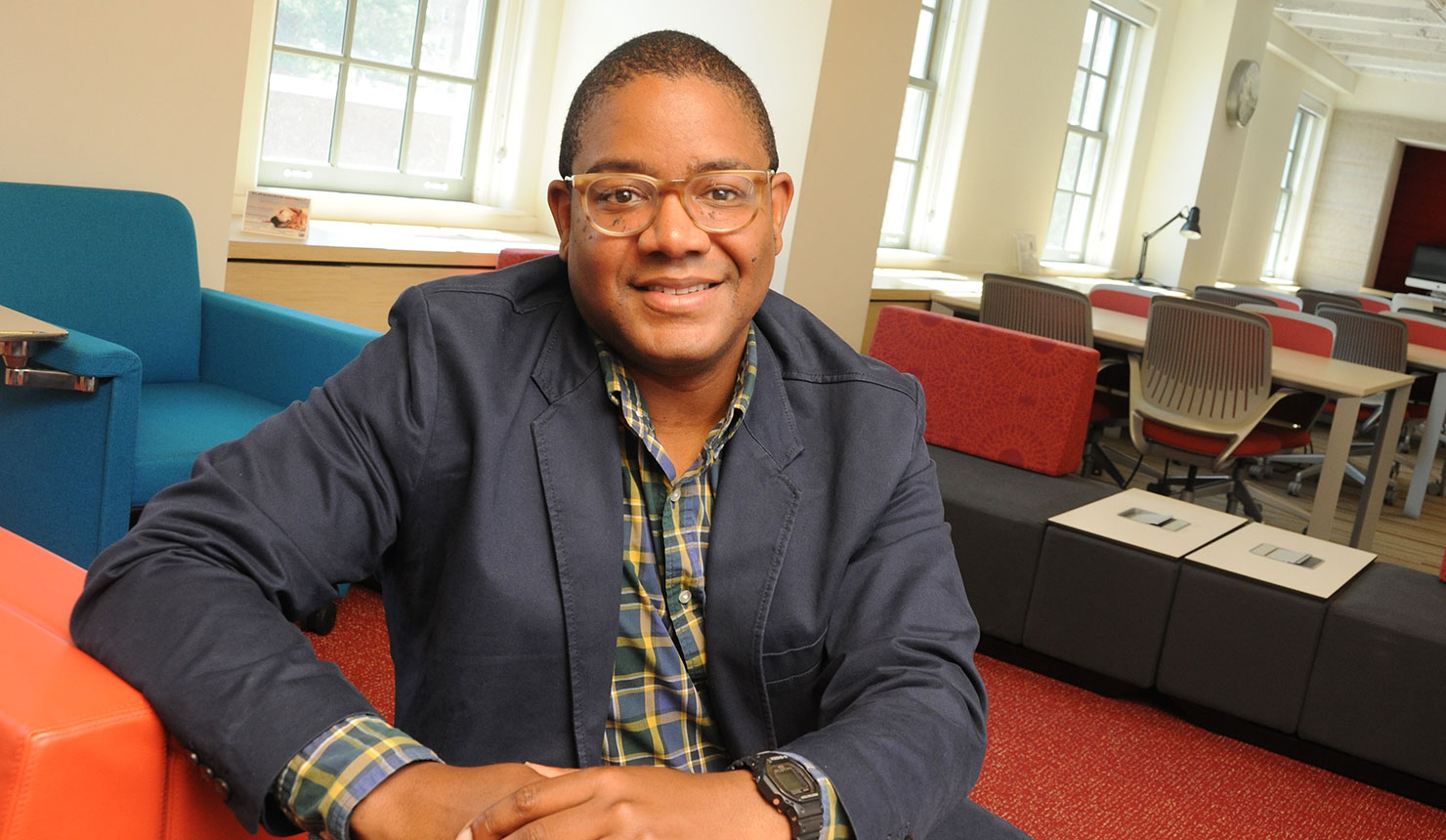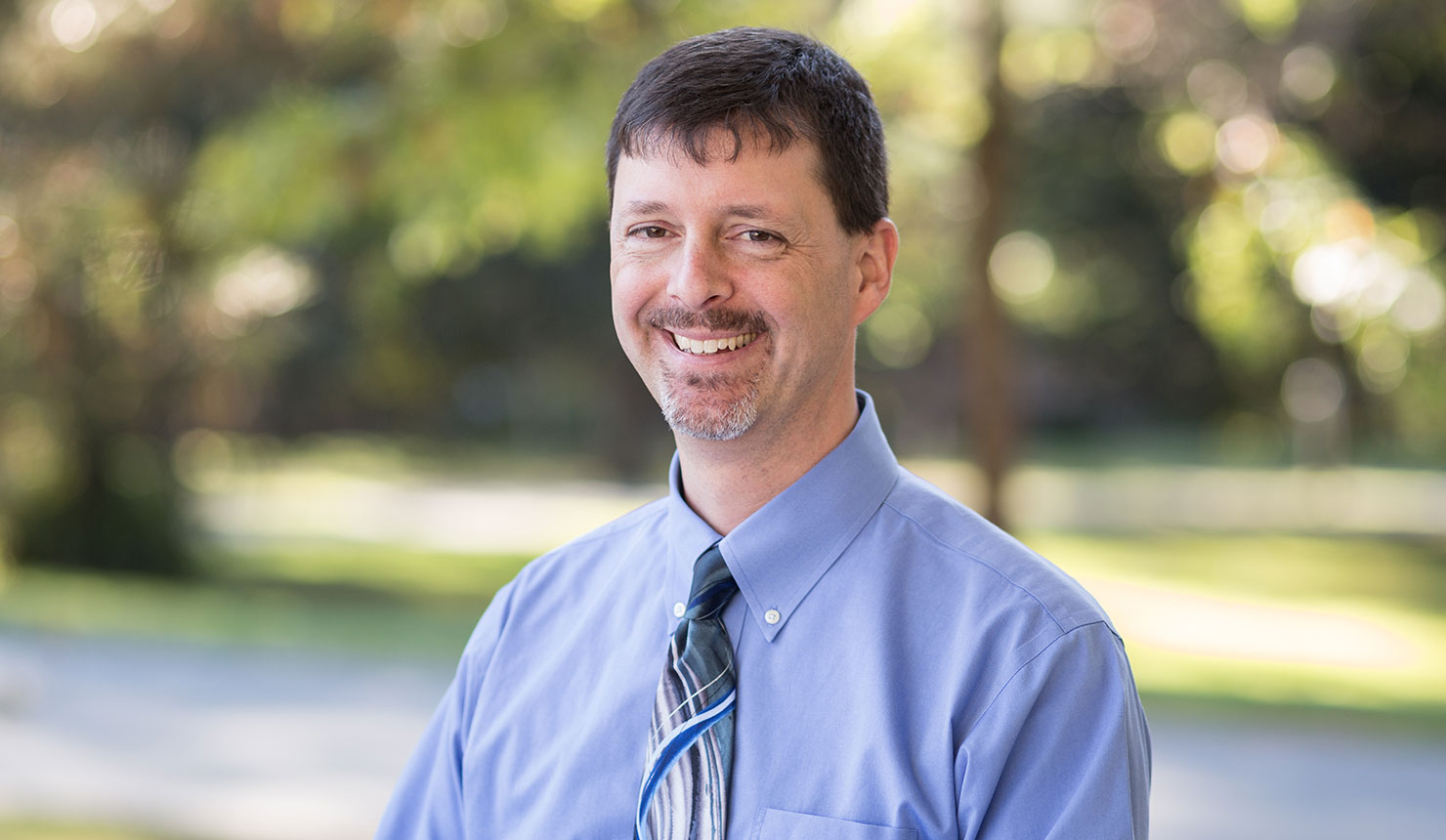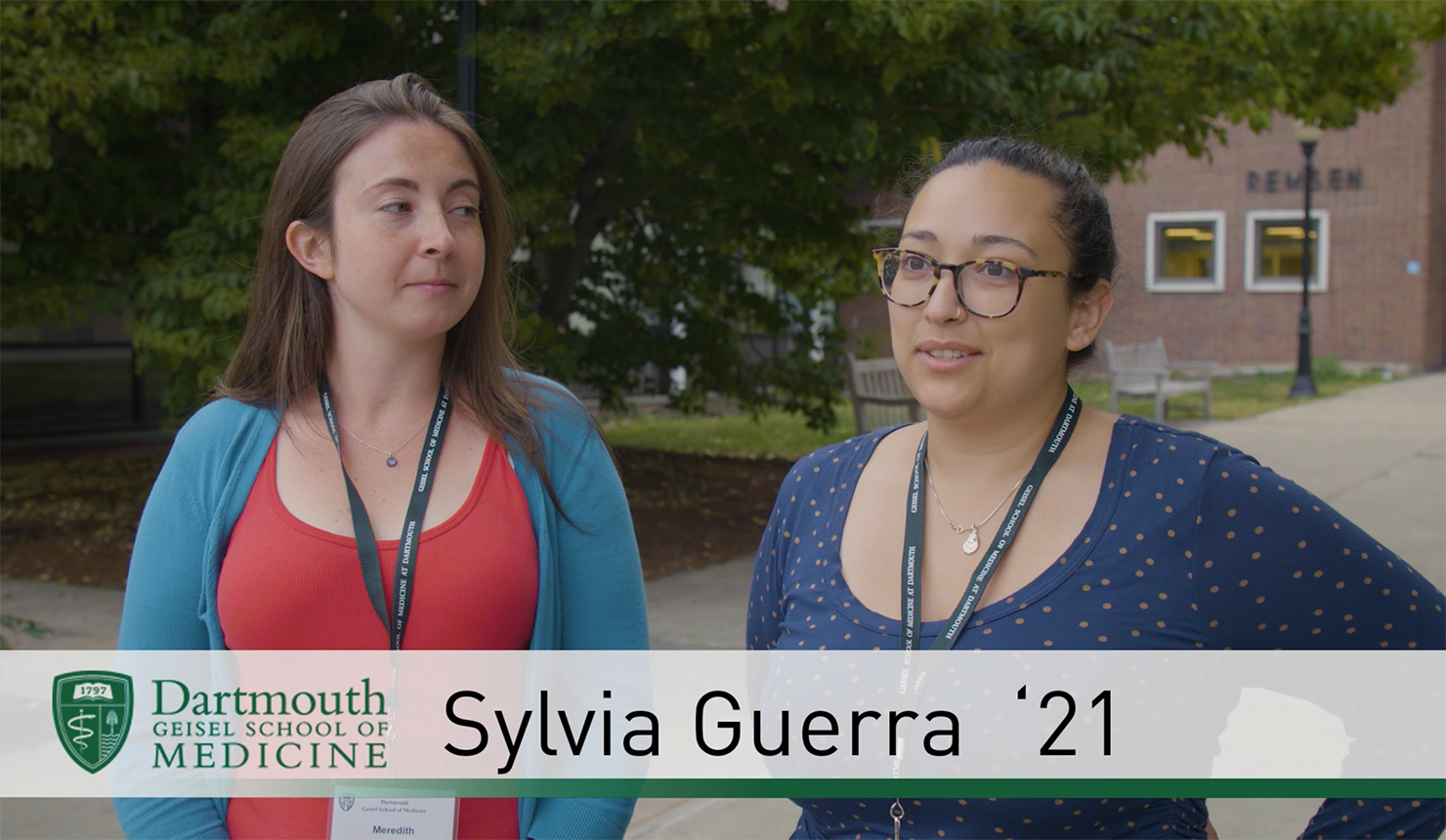When Bill Eidtson, Geisel’s director of learning support and accessibility services, talks about his interest in education, the conversation is punctuated with lively observations on educational technology and satire, which on the surface appear to be unrelated. However, he believes they can help people develop critical thinking skills.
Archive for 2017
Health Affairs Web First: Choosing Wisely Campaign – Health Affairs Blog
Read article – Features research conducted by Carrie Colla, associate professor of the Dartmouth Institute for Health Policy and Clinical Practice; and Alexander Mainor, a research project coordinator at the Dartmouth Institute for Health Policy and Clinical Practice; for the Choosing Wisely campaign, whose goal it is to raise awareness among physicians and patients about avoiding unnecessary tests, treatments, and procedures. In their study, Colla and Mainor evaluated telephone surveys of physicians, administered in 2014 and 2017 by the American Board of Internal Medicine, to examine physicians’ attitudes toward and awareness of the use of low-value care. (Similar coverage in The American Journal of Managed Care.)
Social Media Is Harming the Minds of Young People, Right? Maybe Not – Los Angeles Times
Read article – Quotes John Naslund, a PhD student in health policy at the Dartmouth Institute for Health Policy and Clinical Practice, about how young adults with serious mental illness such as schizophrenia and bipolar disorder can also find social support via social media. “It’s definitely real that there’s hostility online,” Naslund said. “But we’ve found that comments related to mental health are overwhelmingly positive. People can learn how to cope with symptoms and how to find the right support.”
Many Breast Cancer Patients Receive More Radiation Therapy Than Needed – NPR
Read article – Cites comments by Lisa Schwartz, professor of medicine, community and family medicine, and of the Dartmouth Institute for Health Policy and Clinical Practice, about how overzealous screening for cancers of the thyroid, prostate, breast and skin, leads many older people to undergo treatments unlikely to extend their lives, but which can cause needless pain and suffering.
What Is Neuromodulation? These Devices Are Giving Migraine Sufferers New Hope for Treatment – Bustle
Read article – Quotes Stewart Tepper, professor of neurology, about how neuromodulation devices work by turning down brain activity, not stimulating it. “Neuromodulation devices can be electrical, temperature-altering, or magnetic,” says Tepper, adding that there are some devices which require surgical implant. “Right now there are three [non-surgical] neuromodulation devices that have been approved by the FDA and are no longer considered experimental.”
Why Does New Hampshire Have the Highest Synthetic Opioid Death Rate? – CNN
Read article – Lisa Marsch, director of the Center for Technology and Behavioral Health and professor of psychiatry and of the Dartmouth Institute for Health Policy and Clinical Practice, is quoted in an article about New Hampshire’s high opioid death rate. “It’s a terrible combination of factors,” including the types of drugs that permeate the state, geography and limited addiction resources, says Marsch. “My hope is that we can think of a more coordinated and multifaceted approach where we can reduce barriers” to treatment, instead of the “siloed responses that we’re seeing.”
Gregory Ogrinc Named Senior Associate Dean for Medical Education at Geisel
Geisel School of Medicine Dean Duane Compton, PhD, announced today that Gregory Ogrinc, MD, MS, an internationally recognized innovator in medical education, has been name the Senior Associate Dean for Medical Education, a role that he has served in on an interim basis since 2014.
Should Patients Be Allowed to Record Their Doctors? – Medical Economics
Read article – Features research conducted by Glyn Elwyn, professor and senior scientist at the Dartmouth Institute for Health Policy and Clinical Practice, about how patients may be recording doctors office visits. “Patients are beginning to understand that they have a legitimate right to request a recording,” says Elwyn.
Road to Geisel: Class of ’21
Meet some of the members of the Geisel School of Medicine’s Class of 2021—Sand Mastrangelo, Shuaibu Ali, Sylvia Guerra, and Meredith Ryan—as they share their stories about what brought them to the Dartmouth community and why they wanted to pursue a career in medicine
A Multidisciplinary Team Approach to Nerve Blocks Under General Anesthesia: A New Standard of Care? – Pain Medicine News
Read article – Melissa Masaracchia, assistant professor of anesthesiology, is quoted about an extensive quality assurance investigation at Dartmouth-Hitchcock Medical Center that subsequently revealed that multiple patients would not repeat a regional nerve block for post-op pain control if additional surgery was needed. According to Masaracchia, this quality assurance gap prompted an interdisciplinary improvement project comprising nurses, surgeons and anesthesiologists.


